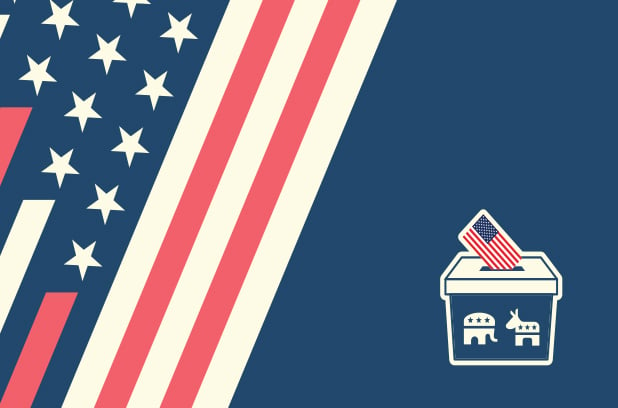Inside Supply Management Magazine
September / October 2020
Articles
The Supply Chain Election
September 15, 2020

Two months after the 2016 U.S. elections, the cover of Inside Supply Management® reflected the uncertainties of many in the profession about the incoming administration’s impact on procurement, as well as the overall economy and other issues.
...Want More Magazine?
Oh no... we really want you to have access to all of this great content! Membership does have its benefits and Inside Supply Management magazine is just one piece to help you advance your organization and your career. Learn more and join our community.


